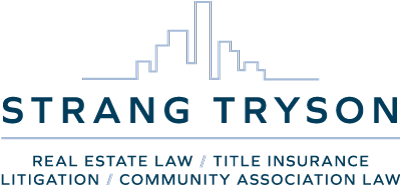Seller financing can be a powerful tool in real estate transactions, especially when traditional lending is difficult for buyers to secure. However, sellers offering financing must be aware of federal regulations—especially the Dodd-Frank Wall Street Reform and Consumer Protection Act.
If you’re selling property in Florida and considering offering seller financing, here’s what you need to know about Dodd-Frank’s requirements—and the limited exceptions that may apply to you.
🏠 What Is Seller Financing?
Seller financing (also called owner financing) allows the seller of a property to act as the lender. Instead of the buyer securing a mortgage from a traditional financial institution, the buyer makes payments directly to the seller under agreed-upon terms.
This arrangement can help close deals faster and assist buyers who may not qualify for conventional loans. But it also comes with regulatory responsibilities.
⚖️ How the Dodd-Frank Act Affects Seller Financing
The Dodd-Frank Act introduced new protections for consumers in the wake of the 2008 financial crisis. For seller financing, this law applies when the buyer will use the property as a primary residence (not for investment or business purposes).
In these cases, the seller may be subject to the Truth in Lending Act (TILA) and must comply with mortgage originator regulations, which include:
- Verifying the borrower’s ability to repay (Ability-to-Repay Rule)
- Providing certain disclosures
- Avoiding balloon payments in most cases
However, there are limited exemptions based on the number of properties a seller finances per year.
✅ The 1-Property Exception
If you’re a property owner (not a builder or developer), you may qualify for the 1-property-per-year exemption, which has the least regulatory burden. To qualify:
- You do not build or contract for construction of the residence.
- You offer financing for only one property in any 12-month period.
- The note does not include a balloon payment within the first 5 years.
- The financing must be fully amortizing.
- You do not require the buyer to pay prepayment penalties.
- The seller must be a natural person, estate, or trust.
You also don’t need to assess the borrower’s ability to repay, but your loan terms must still be fair and not abusive.
✅ The 3-Property Exception
If you finance up to three properties per year, you may qualify for a broader exemption—but with more conditions. To qualify:
- You must be a natural person, estate, or trust (not an entity).
- The loan must be fully amortizing—no balloon payments.
- You must verify and document the buyer’s ability to repay (income, employment, credit history, etc.).
- You must comply with certain Truth-in-Lending disclosures.
If you meet these conditions, you are not required to become a licensed mortgage originator—but you must follow safe lending practices similar to traditional lenders.
🚫 When the Exemptions Don’t Apply
If you finance more than three properties per year, or if you’re a builder, developer, or business entity providing financing, the full scope of Dodd-Frank and mortgage originator licensing laws may apply. In those cases, you may need to:
- Become a licensed mortgage originator, or
- Hire one to structure and administer the financing
Failing to comply can result in steep penalties, contract enforceability issues, and lawsuits.
🔍 Why Legal Guidance Is Essential
Seller financing can be an excellent strategy—but it’s not risk-free. Understanding whether you qualify for a Dodd-Frank exemption and structuring your financing terms accordingly is critical.
At Strang Tryson, PLLC, we help Florida property owners and investors structure seller-financed deals that comply with both federal and state law. Whether you’re selling a single home or managing multiple transactions per year, we ensure your documents and processes are legally sound—and protect your interests from future disputes.





